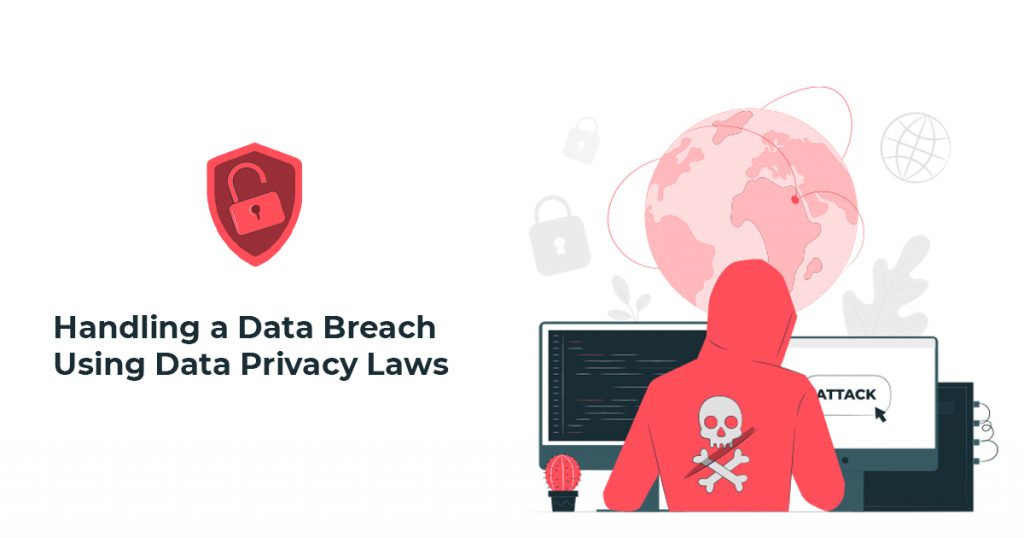
Handling a Data Breach Using Data Privacy Laws
Hacking can cause significant damage to people whose personal information is compromised, but hacking isn’t the only way a data breach can happen. A data breach occurs when the availability, confidentiality, and integrity of a personal data is compromised. Thus, to handle a data breach, you also need to be aware of Data Privacy Laws.
Any unauthorized third party can cause a data breach. Even a company employee can cause a breach, whether it’s intentional or not! A data breach can occur if someone steals a particular gadget or device containing sensitive data. If you accidentally send personal information to the wrong recipient, that’s a data breach too. While it’s not done through theft, data loss does count under a data breach.
Data Breaches
The most important aspect of a data breach is the data or information. Knowledge is power; information is king. Hackers can potentially steal any type of data, but their best bet is personal information. “Stolen data may involve sensitive, proprietary, or confidential information such as credit card numbers, customer data, trade secrets, or matters of national security,” states Trend Micro.
Not only can a data breach affect a person, but it also affects government institutions and private organizations, provided they process personal data. But, of course, hacking can happen to any institution, and the rhyme or reason will depend on the hacker trying to get in.
However, it’s important to note that cybercriminals aren’t behind all data breaches. For example, sometimes data breaches occur because of natural disasters such as fire or floods. The remedy for such incidents is to have made digital backups beforehand.
Here are some of the most common types of data breaches:
- Physical Security Breaches
- Malware/Virus Attacks
- Ransomware
- Phishing Attacks
- Spear Phishing Attacks
- Password Guessing
- Recording Keystrokes
- Denial of Service Attacks
- Distributed Denial of Service Attacks
- SQL Injections
- Insider Leaks
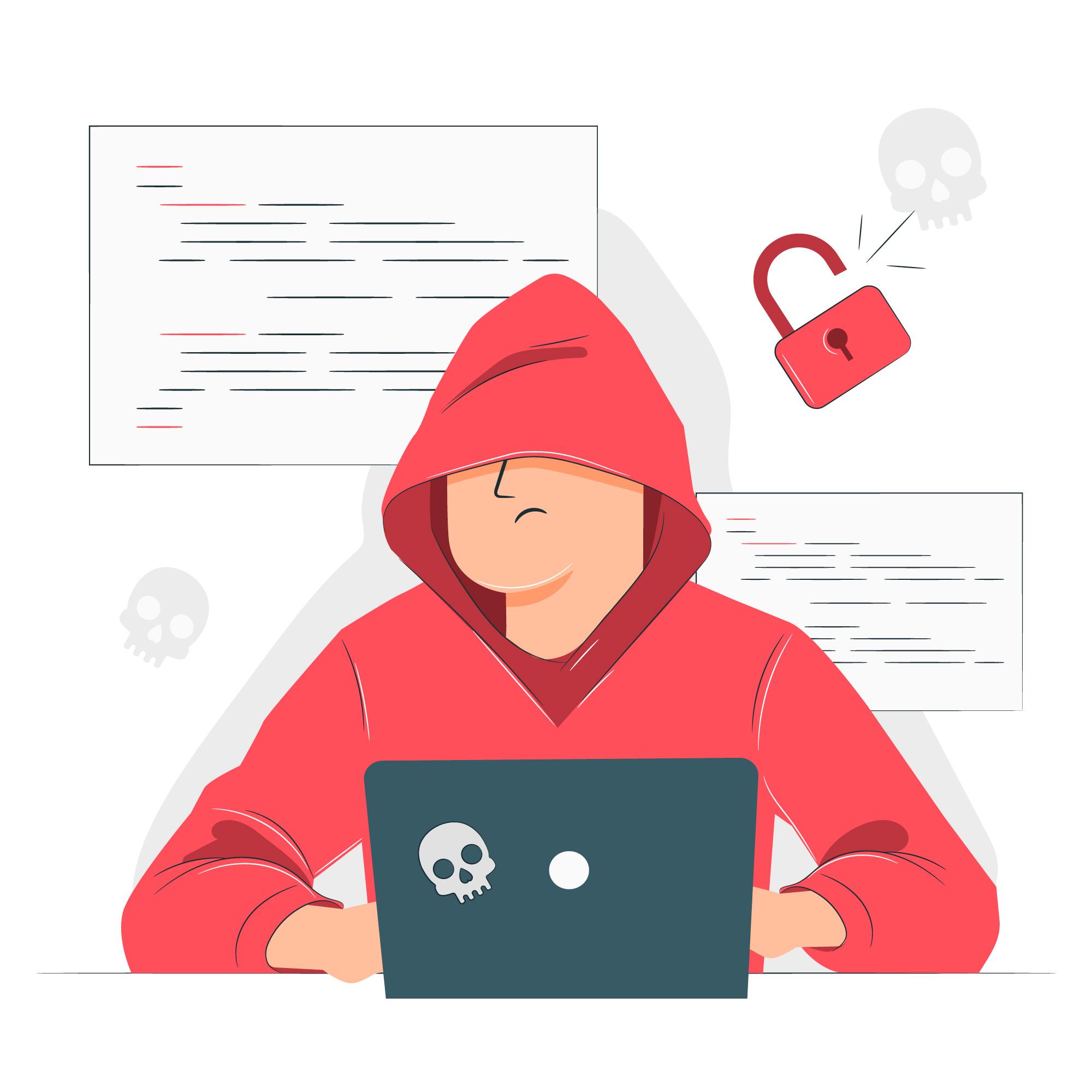
Handling a Data Breach
To handle a data breach, you need to file a report with the appropriate government department as stipulated in the Data Privacy Laws of the area. However, that’s if you have a data breach on your hands.
Make sure to check your country’s Privacy Laws for the particulars! But, of course, situations can differ depending on where you are, what happened, and what the law says. So don’t wait for the hackers to steal your info before you take it seriously! Read on to get some tips on how to protect your data.
Important things to remember
Preventing a Breach
- Keep your networks or systems updated. Do whatever’s necessary to ensure your system’s defenses are rock-solid against any hackers.
- Hold workshops on data breaches. In this way, you can teach employees about Data Privacy Laws, how to handle the institution’s data, and deal with threats.
- Inform personnel on how to act. They should be vigilant to details both online and offline. They should also take care not to share sensitive information on social media and be conscious about creating different yet difficult-to-guess passwords. Though it’s aimed at virtual assistants, this article can help.
- Have a solid plan in the event of a breach. Not only should you have a clear plan laid out, but you should also have the right people on speed dial and speech or message templates on hand.
- Secure your network. Make sure your passwords are complex.
Websites
- First of all, you need backup. Any web security expert will emphasize just how much you need to back up your data.
- If your website gets ravaged by malware to the point that it goes down, you can use your old data to put your website up again.
- Acquire Third-Party Security. Subscribe to third-party security software like Cloudflare or SiteLock to filter traffic to your website and ready support for malware cleanup.
- Update your site. Make sure that all platforms, plugins, and other software used in your website are updated constantly.
- Dedicated server. If you are managing your own web server, make sure you update the operating system and all data supporting software.
Data Privacy Laws
- File a report with the proper authorities of a data breach as soon as possible (or as required by your data privacy laws and only when the breach falls within notification parameter guidelines). Typically, notification is required when the personal data breach involves sensitive data, was accessed by unauthorized persons, and it can be determined that data subjects are in danger due to the breach.
- Once you discover the data breach, you’ll need to inspect the severity and determine if this information breach will adversely affect your customers according to the type of data stolen. Rocket Lawyer states: “Adverse effects and risks can include emotional and physical distress, financial loss, loss of reputation and other economic or social disadvantages to the individual.”
- On the other hand, if the data breach doesn’t affect your customers negatively, and it was not done by unauthorized persons, you can choose not to report it at all. However, if you decide not to file the report, you must document your justification for it.
- When notification is required, you must directly notify affected customers as soon as you discover the information breach. It’s especially needed when the data breach’s aftereffects could endanger affected customers’ safety or their assets.
A Data breach’s aftereffects
Though a data breach can simply humiliate the hacked institution, this will cause a betrayal of trust in customers’ eyes. If not handled correctly, the institution’s reputation will crumble. Such an event can frighten away customers. If the institution can’t recover fast, it might end up going out of business.
But that’s not all. Malicious entities can do a lot with sensitive information; they can sell it or use it for extortion. In addition, scammers might collect the leaked information and use it to commit other fraudulent transactions.
For instance, a customer may realize they have an extra bank account that they’d never heard of before. Or, a customer finds out that scammers are using their likeness or information to trick other people into other fraudulent activities.
Keep information under digital lock and key
A data breach happens when sensitive information is leaked. For instance, an employee may accidentally reveal sensitive information. In addition, a fire could destroy paper records, especially if there isn’t a backup for the data. Also, someone might send an email containing personal info to the wrong person.
Hackers can cause a data breach with several methods, most commonly with malware attacks, phishing, password guessing, recording keystrokes, DoS or DDoS attacks, and SQL Injections.
To prevent the likelihood of a data breach, you can strengthen website security by ensuring that the site has no cracks where viruses or hackers can slip into. Additionally, the employees handling sensitive data should know how to handle data threats no matter what form they come in.
If a data breach does occur, you have to file a report to your Data Privacy Organization, especially if it’s serious. You can opt not to if the data won’t harm your customers or does not fall within Data Privacy Law notification guidelines.
Handling data breaches is hard work, but someone’s got to do it. Web security solutions specialists can assist you.
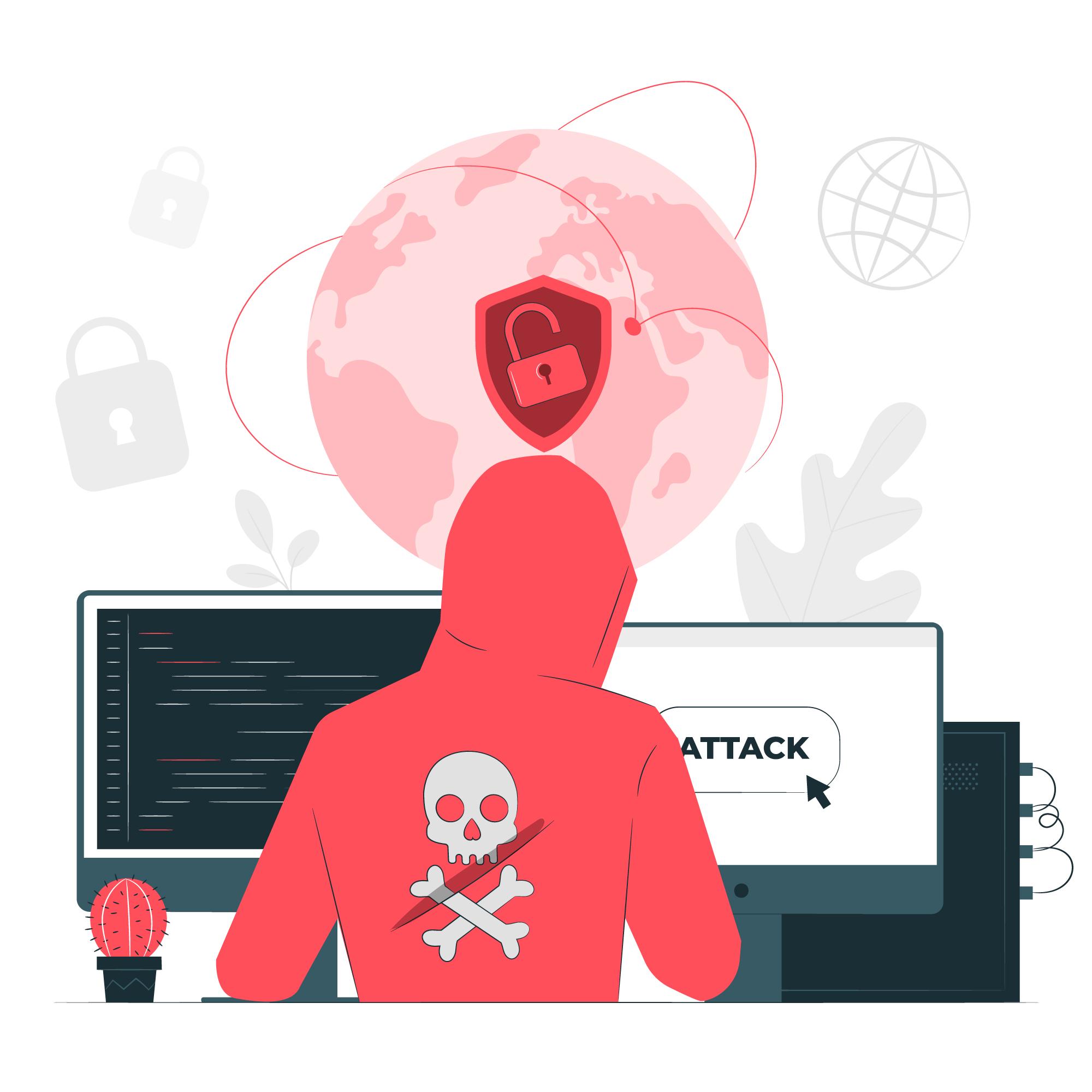
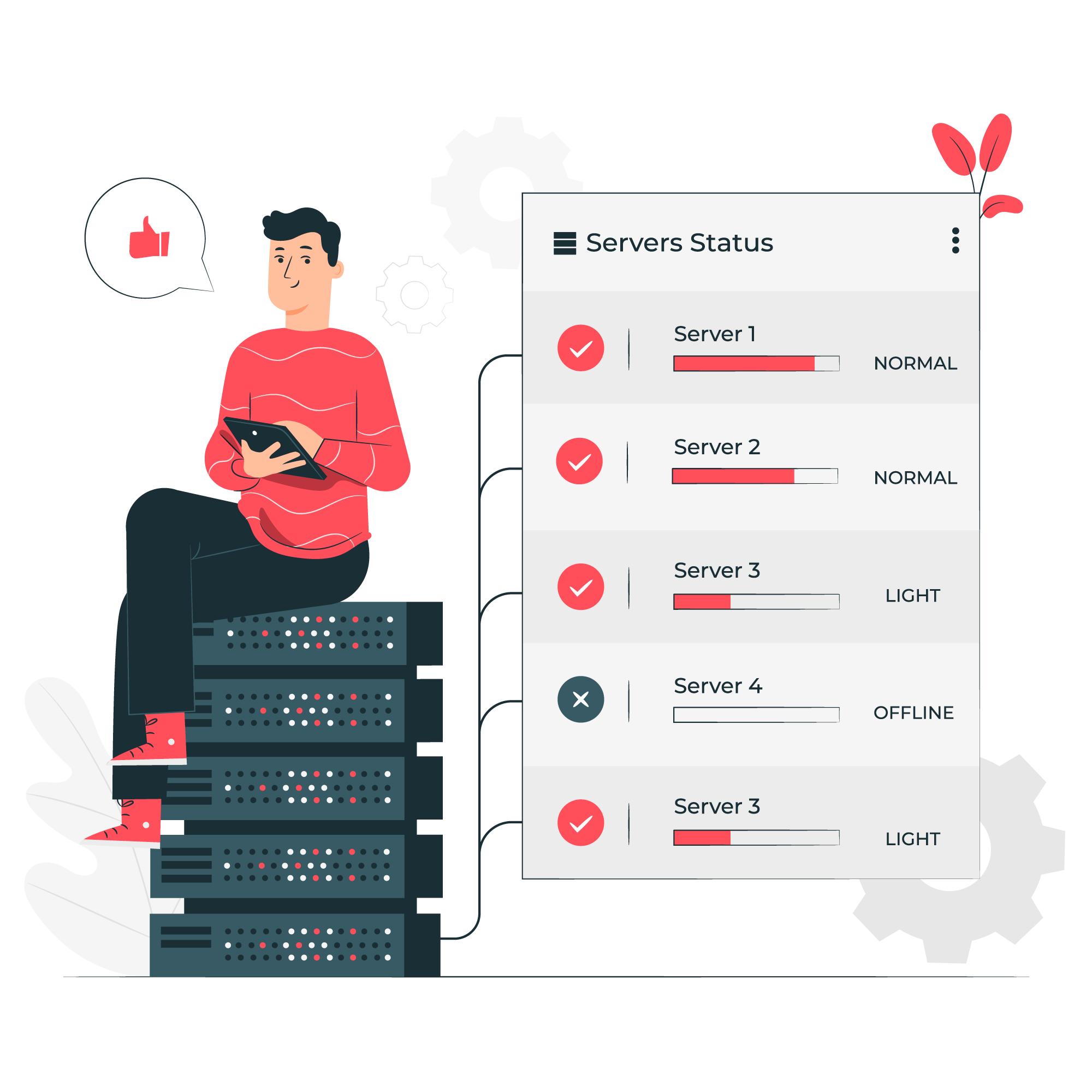
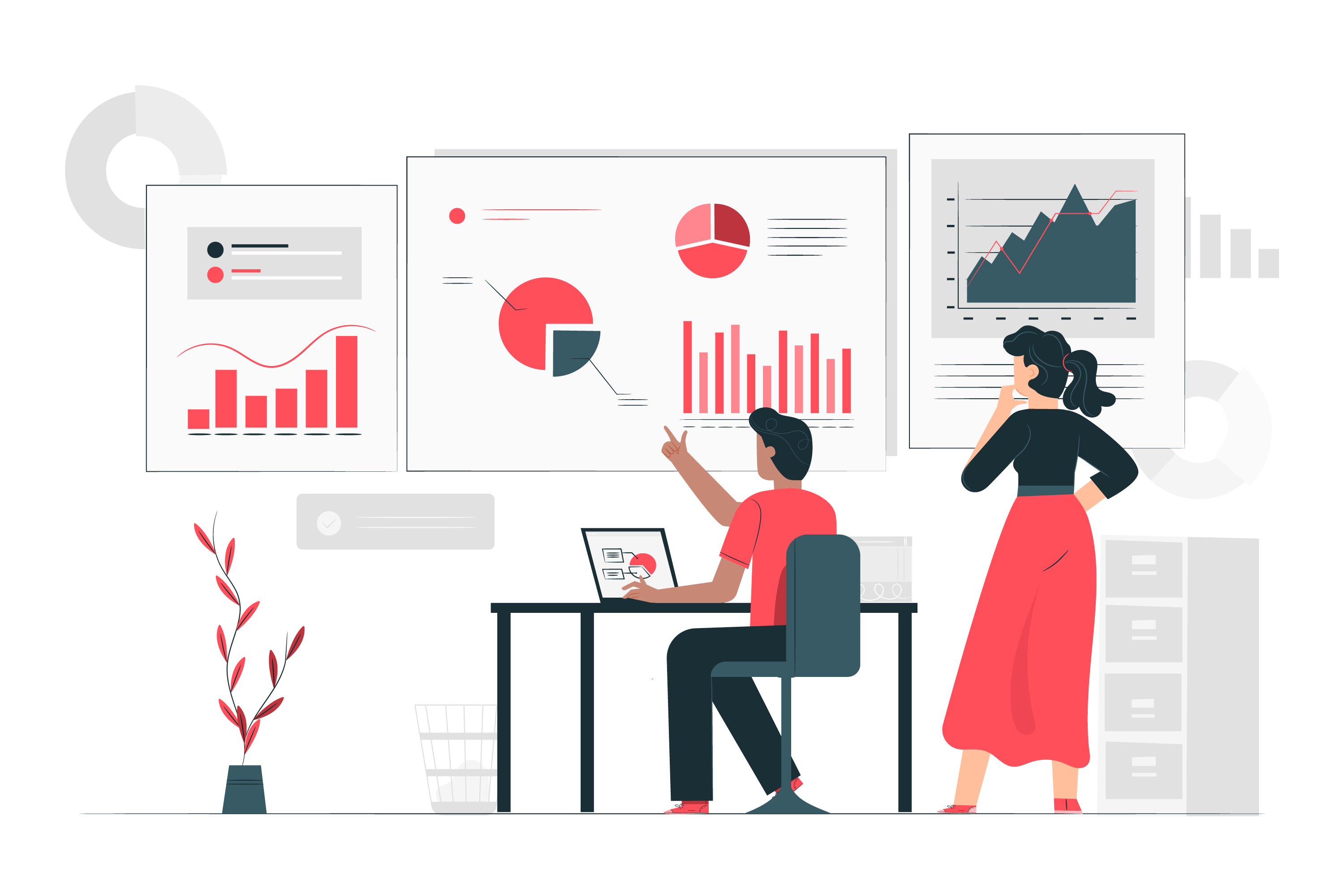



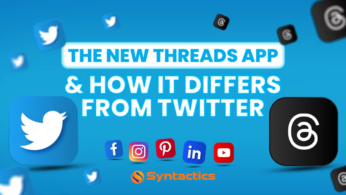











Comment 0